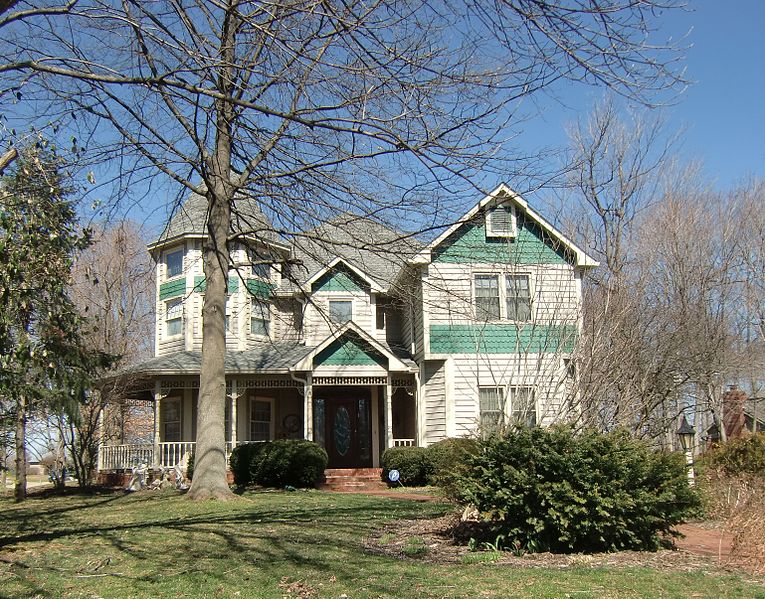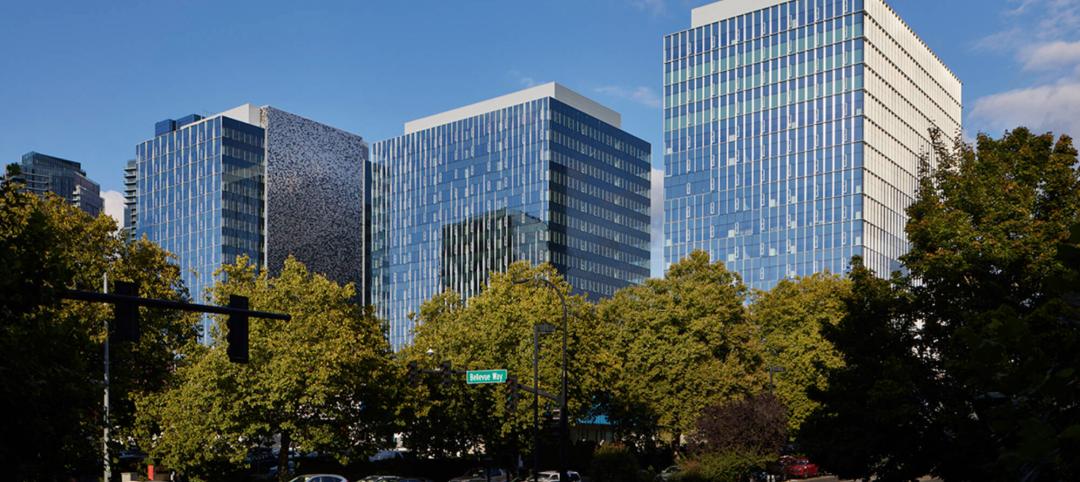The U.S. housing recovery should regain its footing, but also faces a number of challenges, concludes The State of the Nation’s Housing report released by the Joint Center for Housing Studies of Harvard University. Tight credit, still elevated unemployment, and mounting student loan debt among young Americans are moderating growth and keeping millennials and other first-time homebuyers out of the market.
“The housing recovery is following the path of the broader economy,” says Chris Herbert, research director at the Joint Center for Housing Studies. “As long as the economy remains on the path of slow, but steady improvement, housing should follow suit.”
Although the housing industry saw notable increases in construction, home prices, and sales in 2013, household growth has yet to fully recover from the effects of the recession. Young Americans, saddled with higher-than-ever student loan debt and falling incomes, continue to live with their parents. Indeed, some 2.1 million more adults in their 20s lived with their parents last year, and student loan balances increased by $114 billion.
Still, given the sheer volume of young adults coming of age, the number of households in their 30s should increase by 2.7 million over the coming decade, which should boost demand for new housing. “Ultimately, the large millennial generation will make their presence felt in the owner-occupied market,” says Daniel McCue, research manager of the Joint Center, “just as they already have in the rental market, where demand is strong, rents are rising, construction is robust, and property values increased by double digits for the fourth consecutive year in 2013.”
One key to realizing the millennials’ potential in the housing market is for the economy to grow to the point where their incomes start to rise. Another important factor is how potential GSE reform will affect the cost and availability of mortgage credit for the next generation of homebuyers, which will be the most diverse in the nation’s history. By 2025, minorities will make up 36 percent of all US households and 46 percent of those aged 25–34, thus accounting for nearly half of the typical first-time homebuyer market.
The report, as well as an interactive map released by the Joint Center, also highlights the ongoing affordability challenge facing the country, as cost burdens remain near record levels and over 35 percent of Americans spend more than 30 percent of their income for housing. The situation is particularly grim for renters, where 50 percent are cost burdened and 28 percent are severely cost burdened (meaning they spend over half of their income for housing).
“When available, federal rental subsidies make a significant difference in the quality of life for those struggling the most,” says Herbert. “Between 2007 and 2011, the number of Americans eligible for assistance rose by 3.3 million, while the number of assisted housing units was essentially unchanged. Sequestration forced further cuts in housing assistance, which have yet to be reversed.”
Related Stories
AEC Tech Innovation | Oct 8, 2024
New ABC technology report examines how AI can enhance efficiency, innovation
The latest annual technology report from Associated Builders and Contractors delves into how artificial intelligence can enhance efficiency and innovation in the construction sector. The report includes a resource guide, a case study, insight papers, and an essay concerning applied uses for AI planning, development, and execution.
Healthcare Facilities | Oct 8, 2024
Herzog & de Meuron completes Switzerland’s largest children’s hospital
The new University Children’s Hospital Zurich features 114 rooftop patient rooms designed like wooden cottages with their own roofs. The project also includes a research and teaching facility.
Mixed-Use | Oct 7, 2024
New mixed-use tower by Studio Gang completes first phase of San Francisco waterfront redevelopment
Construction was recently completed on Verde, a new mixed-use tower along the San Francisco waterfront, marking the end of the first phase of the Mission Rock development. Verde is the fourth and final building of phase one of the 28-acre project that will be constructed in several phases guided by design principles developed by a design cohort led by Studio Gang.
Brick and Masonry | Oct 7, 2024
A journey through masonry reclad litigation
This blog post by Walter P Moore's Mallory Buckley, RRO, PE, BECxP + CxA+BE, and Bob Hancock, MBA, JD, of Munsch Hardt Kopf & Harr PC, explains the importance of documentation, correspondence between parties, and supporting the claims for a Plaintiff-party, while facilitating continuous use of the facility, on construction litigation projects.
Glass and Glazing | Oct 7, 2024
Pattern language: An exploration of digital printing on architectural glazing
Architectural Glazing has long been an important expressive tool which, when selected and detailed thoughtfully, can contribute to the successful transformation of architectural concepts to reality.
University Buildings | Oct 4, 2024
Renovations are raising higher education campuses to modern standards
AEC higher ed Giants report working on a variety of building types, from performing arts centers and libraries to business schools. Hybrid learning is seemingly here to stay. And where possible, these projects address wellness and mental health concerns.
AEC Tech | Oct 3, 2024
4 ways AI impacts building design beyond dramatic imagery
Kristen Forward, Design Technology Futures Leader, NBBJ, shows four ways the firm is using AI to generate value for its clients.
Laboratories | Oct 2, 2024
Trends in scientific research environments: Q&A with Flad's Matt McCord
As part of an ongoing series, Matt McCord, AIA, NCARB, LEED AP BD+C, Associate Principal with Flad Architects, discusses the future of the scientific workplace.
Museums | Oct 1, 2024
UT Dallas opens Morphosis-designed Crow Museum of Asian Art
In Richardson, Tex., the University of Texas at Dallas has opened a second location for the Crow Museum of Asian Art—the first of multiple buildings that will be part of a 12-acre cultural district. When completed, the arts and performance complex, called the Edith and Peter O’Donnell Jr. Athenaeum, will include two museums, a performance hall and music building, a grand plaza, and a dedicated parking structure on the Richardson campus.
Data Centers | Oct 1, 2024
10 biggest impacts to the data center market in 2024–2025
While AI sends the data center market into the stratosphere, the sector’s accelerated growth remains impacted by speed-to-market demands, supply chain issues, and design innovation necessities.

















